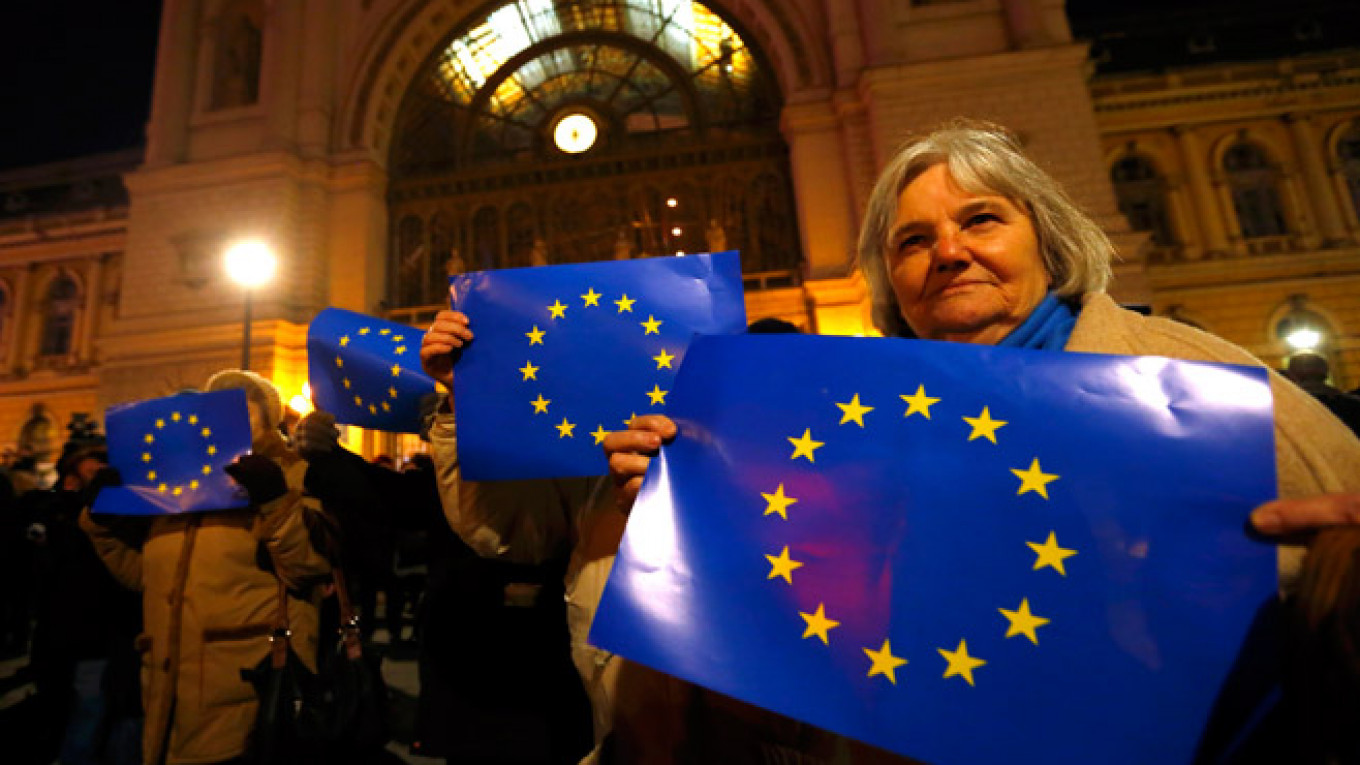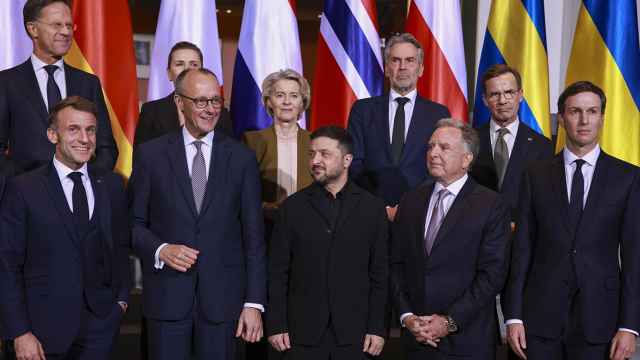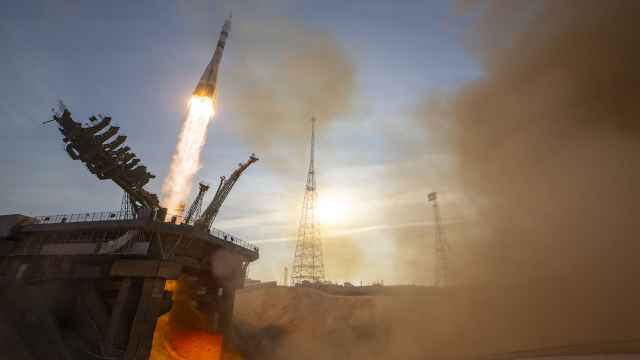BRUSSELS — EU policymakers on Wednesday unveiled plans to ensure the free flow of gas and power to every corner of the 28-member bloc, hailing it as the biggest energy shake-up for more than half a century.
Since the establishment in 1951 of the Coal and Steel Community, the precursor of the European Union, advocates of transnational unity have demanded closer cooperation on energy.
The European Commission, the EU executive, says the clash with Russia over its seizure of Ukraine's Crimea region means there is the strongest case yet to pool resources across the EU, which relies on Moscow for around a third of its energy.
But national governments have always jealously guarded their own control over energy decisions, largely because of strategic needs and their stance on the environment.
"It's the biggest energy project since the Coal and Steel Community," Maros Sefcovic, European Commission vice president responsible for energy union, said. "It's a very deep energy transition."
Europe's energy union strategy includes a raft of measures and will be followed by legislative proposals.
It aims to improve infrastructure to share available supplies across borders, partly with EU money; to end regulated pricing, increase the number of liquefied natural gas (LNG) terminals and enforce existing EU law on competition.
The Commission is also calling on member states and companies to consult it when negotiating with big suppliers, such as Russia, in an attempt to end Moscow's strategy of divide and rule that has allowed some countries to secure more favorable deals than others.
Previous attempts to persuade firms or nations to divulge information to the Commission have met stiff resistance, but Sefcovic said he was convinced member states could be persuaded of the mutual benefit in the current geopolitical context.
Russia's conflict with Ukraine has been complicated by a row over gas pricing, which last year led Russian producer Gazprom to cut off supplies to Kiev.
"It's a completely different reality today," Sefcovic said, drawing the contrast with previous discussions on sharing contract details. "We have to make it very, very clear it will be for the benefit of EU member states [to share information]."
Environmental campaigners have criticized the energy union as placing too much emphasis on diversifying gas suppliers and not enough focus on renewable energy, although they welcomed pledges to improve energy efficiency.
But some sectors of industry said the new determination to enforce law on cross-border energy use was a breakthrough.
"Energy policy in Europe has too long been dominated by national initiatives," Johannes Teyssen, CEO of Germany's largest energy group, E.ON, said in an email.
"Europe must use this opportunity and implement the Commission's action plan consistently to actually create a common European energy policy. This will reduce costs and will benefit the customer."
The Commission says better energy connections can save consumers up to 40 billion euros ($45 billion) per year, roughly 80 euros per capita across the bloc of 500 million citizens.
A Message from The Moscow Times:
Dear readers,
We are facing unprecedented challenges. Russia's Prosecutor General's Office has designated The Moscow Times as an "undesirable" organization, criminalizing our work and putting our staff at risk of prosecution. This follows our earlier unjust labeling as a "foreign agent."
These actions are direct attempts to silence independent journalism in Russia. The authorities claim our work "discredits the decisions of the Russian leadership." We see things differently: we strive to provide accurate, unbiased reporting on Russia.
We, the journalists of The Moscow Times, refuse to be silenced. But to continue our work, we need your help.
Your support, no matter how small, makes a world of difference. If you can, please support us monthly starting from just $2. It's quick to set up, and every contribution makes a significant impact.
By supporting The Moscow Times, you're defending open, independent journalism in the face of repression. Thank you for standing with us.
Remind me later.






